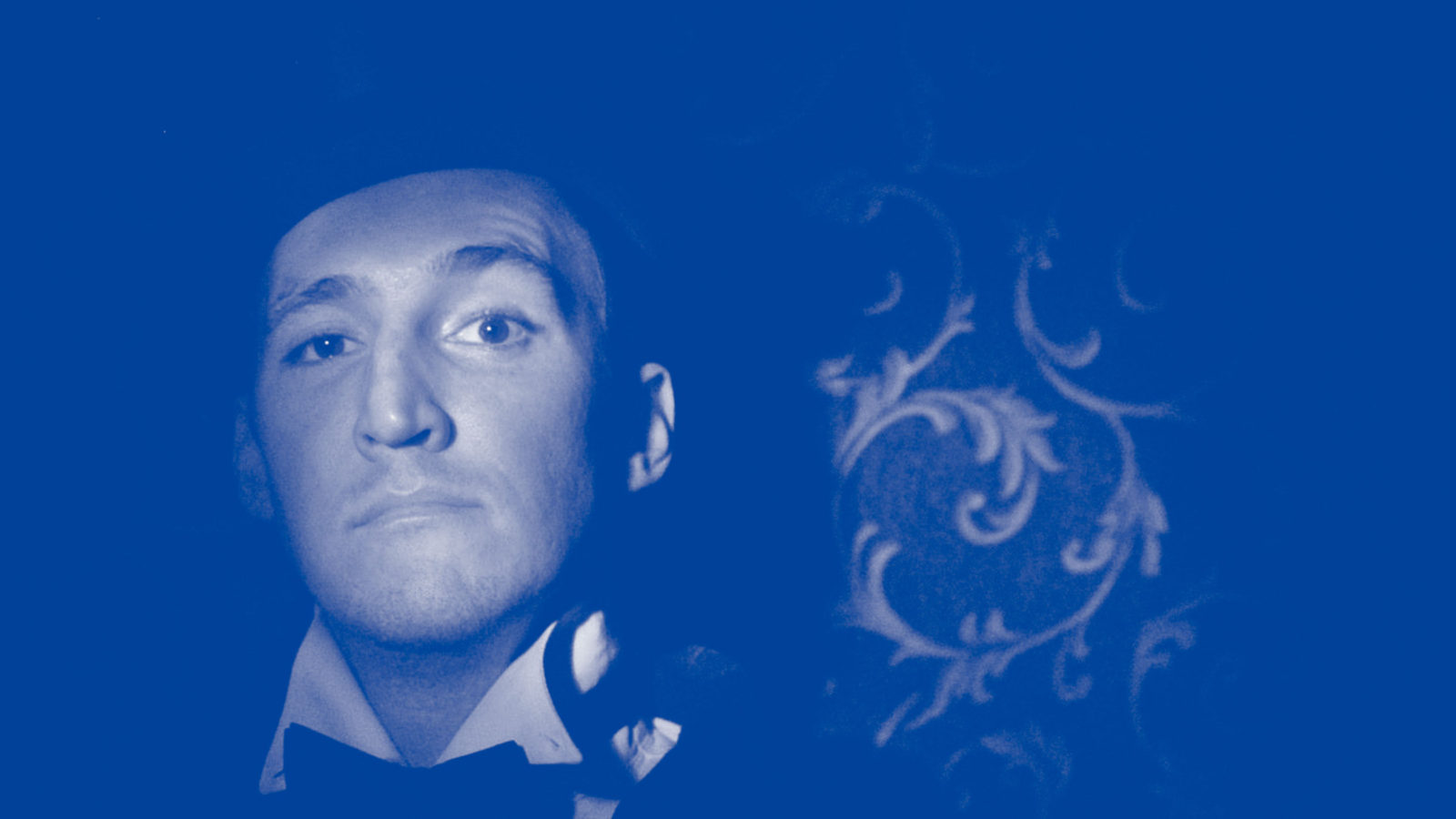The Most Important Letter in Dialect Study

By Charley Layton
In the early stages of creating a role, one of the questions actors might ask is “how does my character speak his/her/their lines?” Or “does my character have an accent or dialect that’s different from mine?” As a dialect coach, my job is to assist them in learning and perfecting various accents and dialects for theater, film, TV, and internet. Very often, just knowing where to get started in dialect study can be overwhelming; so here’s Step 1.
“R” is one of the most commonly and diversely used letters in the English language. In speech, it works both as a signifier of a consonant sound (as in the spelling of “red” or “right”) and also helps create vowels (as in “bird” or “water”) and diphthong sounds (“here” or “there”). While it is typical of all English speakers to pronounce the R in “red”, half the world’s speakers do not necessarily pronounce the R in “car.” This divergence is known as the degree of “rhoticity” of English (link) and has greatly influenced the many varieties of the language. Simply stated, a rhotic speaker would pronounce the R in car (“carr”) while a non-rhotic speaker would omit it, thus producing something closer to “cah.”
However, a deeper study of R’s in dialects yields much more complexity. For instance, while there are more rhotic dialects in the United States, Canada, Ireland, and Scotland, and more non-rhotic dialects in England, Wales, Australia, New Zealand, South Africa, one still might find examples of non-rhotic dialects in the US (e.g. New York City, Boston, the older Deep South, etc.) and rhotic dialects in the UK (Devonshire, Cornwall, etc.). There’s even “semi-rhotic” dialects in which a speaker might pronounce the R in “bird” but not necessarily in “water” and the phenomenon of Intrusive R when a speaker inserts R’s not found in a word’s spelling (like “idear”). And if you study a multilingual speaker, you might hear them pronounce R’s in a way more commonly found in another language (e.g. alveolar taps/trills, uvular fricatives, etc.) thus influencing an accent. So many different possibilities from such an important letter!
So when studying accents and dialects for a role, pay particular attention to the treatment of R. Listen closely to native speakers for variety, subtlety and possible contradiction in pronunciation. Look for clues in your script specified by the writer. And please understand that this is only Step 1. Clearly, there are many more speech sounds, qualities, and factors to consider when performing an accent or dialect believably, respectfully, and authentically. But in my professional opinion, pinning down your character’s degree of rhoticity with detail and nuance is a great way to get started and should give you the confidence and motivation to finish the job well. Break a leg!
Charley Layton is a faculty member of the Atlantic Theater Company and has coached dialects for Summer: The Donna Summer Musical, Kinky Boots, and Jersey Boys.